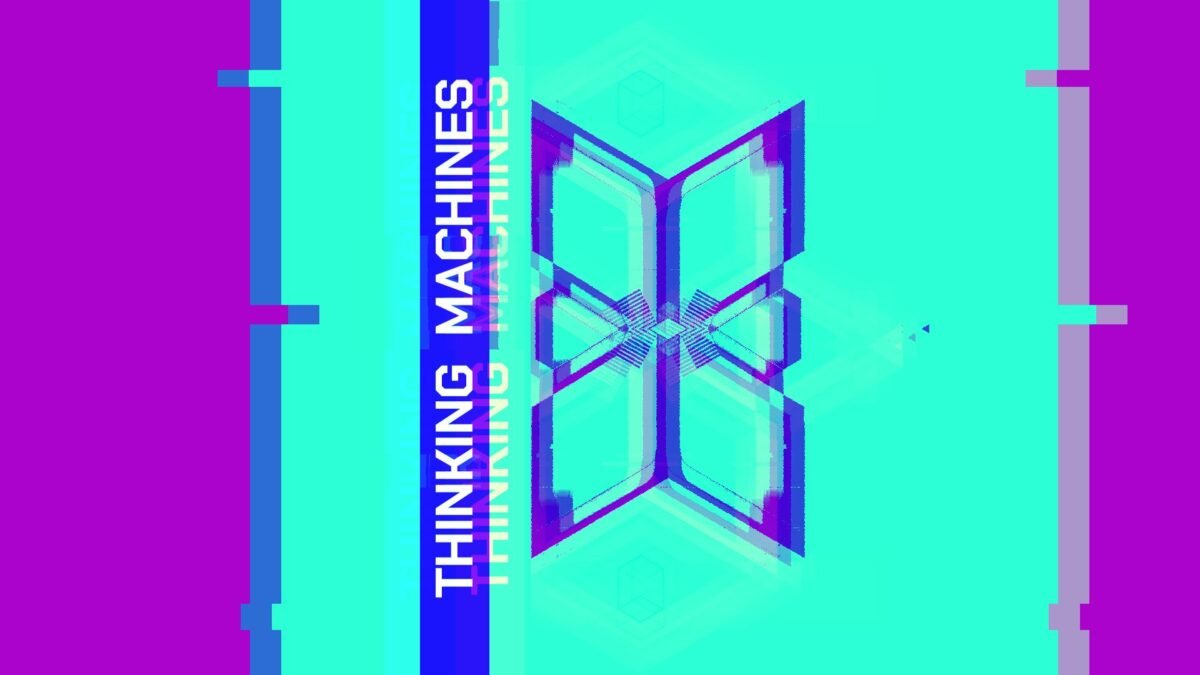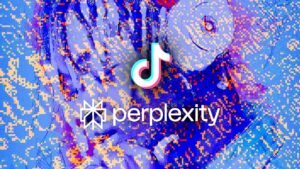
- Japanese author Rie Kudan won the prestigious Akutagawa Prize for her book “The Tokyo Tower of Sympathy,” acknowledging that around 5% of it was generated by AI.
- Kudan openly uses ChatGPT for creativity, stating it helps her express herself fully and consults the AI when facing personal issues she can’t share with others.
Using ChatGPT can lead to literary success, as demonstrated by award-winning Japanese author Rie Kudan. She won the Akutagawa Prize, revealing that 5% of her book, “The Tokyo Tower of Sympathy,” was generated by AI. Kudan embraces AI to enhance creativity and consults ChatGPT for personal reflections in her writing. Despite some authors expressing concerns about AI, Kudan’s use received approval from the prize committee. However, a class action lawsuit by authors like George R. R. Martin against OpenAI highlights broader concerns about copyright and consent in AI language model training.
Japanese author Rie Kudan achieved acclaim for her novel, “The Tokyo Tower of Sympathy,” employing a distinctive approach to writing by integrating AI into her creative process. Kudan openly admitted to utilizing the AI chatbot program ChatGPT as a valuable tool in crafting her award-winning work.
“The Tokyo Tower of Sympathy” unfolds the narrative of architect Sara Makina, tasked with designing a high-rise rehabilitation center for criminals. Intriguingly, Kudan revealed that approximately 5% of her novel comprises sentences directly generated by ChatGPT.
In the writing process, Kudan likely engaged with ChatGPT by inputting prompts or ideas related to the characters, themes, and overall storyline of her novel. The AI responded by generating text, and Kudan selectively incorporated sentences or passages into her manuscript, contributing to the unique blend of human and AI creativity in her work.
This innovative use of AI in literature has sparked considerable debate within the literary community. While some, like prize committee member Keiichiro Hirano, find no issue with the integration of AI in the creative process, others raise concerns about the potential impact on authors who choose not to adopt such technological tools.
Despite the controversy, the judges praised Kudan’s novel as “flawless” and a “highly entertaining and interesting work,” reflecting the contemporary era where AI plays an increasingly prevalent role.
Kudan expressed her intention to continue leveraging AI in her writing, emphasizing that the feedback from ChatGPT sometimes influenced the emotions and lines of her main character. For Kudan, AI serves as both a source of inspiration and a tool to enhance her creativity, marking her as a pioneer in the evolving landscape of literature and technology.











